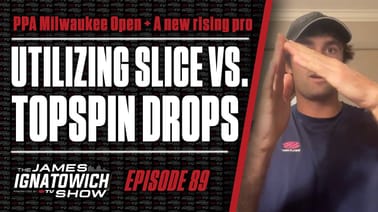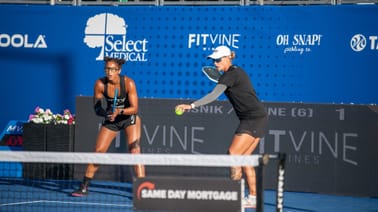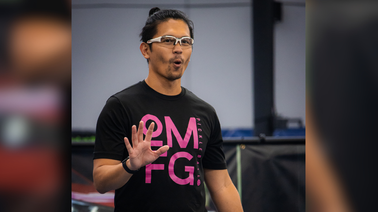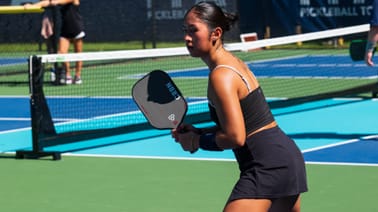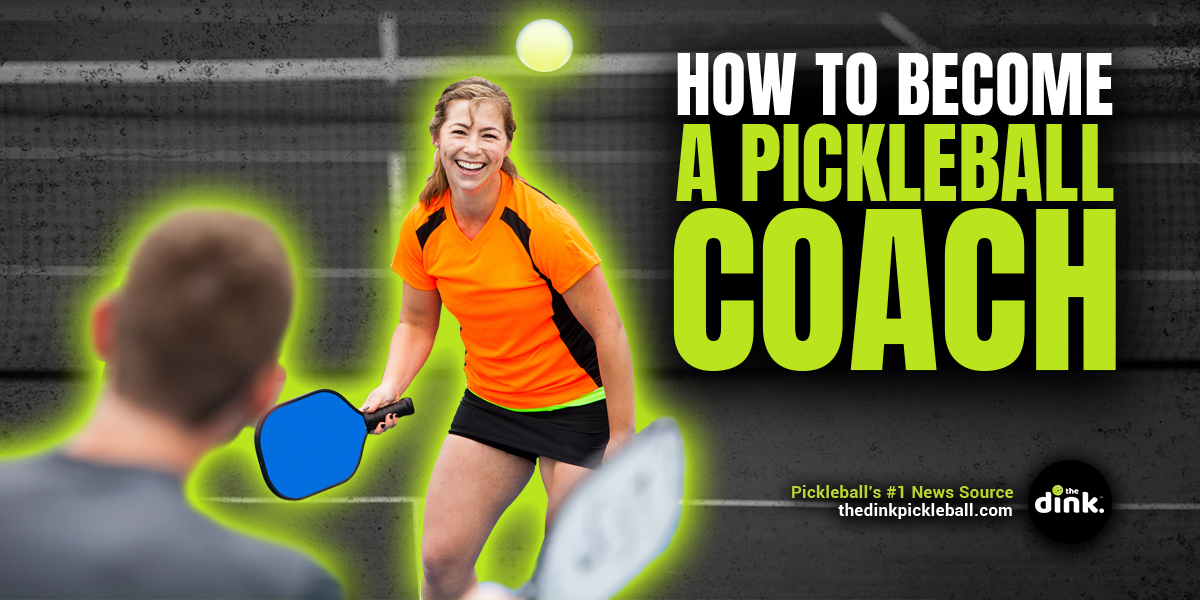
"I get calls and messages all day from people wanting lessons."
That was the answer I received from my pickleball coach when I asked him if pickleball coaching was in high demand.
Essentially, he – and everyone else who coaches at the club he belongs to – can't keep up. There are just too many people wanting to get better at pickleball and not quite enough who are willing, able, and qualified to show them how.
If you've been considering becoming a pickleball coach or instructor, we're here to help you take the leap.
Being a coach or instructor has never been easier thanks to our friends at Bounce. Streamline bookings, payments, and communications with one simple platform!
We break down everything you need to do to become a pickleball coach or instructor, including the different certifications you might need.
What does a pickleball coach or instructor do?
Similar to any other sport, pickleball coaches and instructors provide services to players to help them improve their game. Teachings might include technique, form, fitness, specific skills, or strategy.
Note: For the sake of this article, coach and instructor will be used interchangeably. There might be some slight technical differences, but for the most part, whether someone is called a coach or an instructor is largely based on personal preference.
Is pickleball coaching certification required?
Having a certification can significantly enhance the credibility of a pickleball coach by demonstrating a recognized level of expertise and commitment to the sport.
Certified coaches are typically required to complete training programs that cover essential aspects of coaching. This formal education ensures that they are well-versed in best practices and up-to-date with the latest developments in the game.
Consequently, players are more likely to trust and respect a coach who has earned certification, seeing it as a testament to their knowledge, professionalism, and dedication to fostering a high-quality, structured learning environment.
This trust can lead to more successful coaching engagements and a stronger reputation within the pickleball community.
Though anyone can technically call themselves a coach, it is recommended that you find and complete one of the certification programs listed below to ensure a greater chance of success in your coaching career.
What are the different pickleball certification programs?
Several reputable organizations offer certification programs designed for aspiring pickleball coaches:
USA Pickleball
Recognized as the national governing body for the sport in the United States, USA Pickleball offers certification that covers the fundamentals of teaching and coaching.
Pickleball Coaching International (PCI) and the Professional Pickleball Registry (PPR) are the official education and certification partners of USA Pickleball.
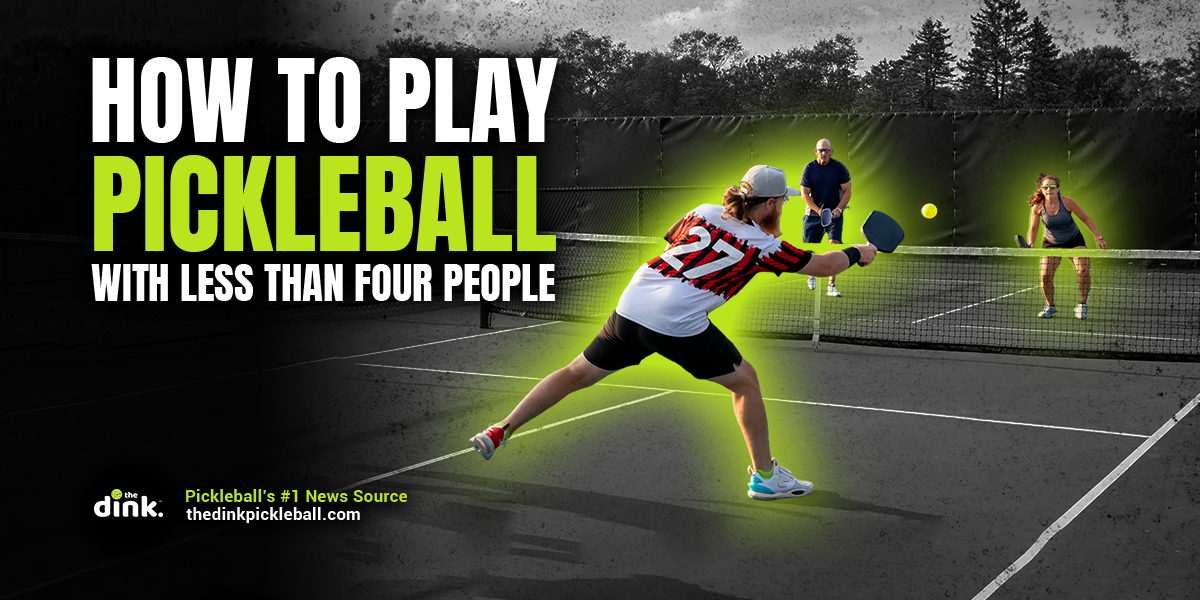
PCI
PCI’s instructor certification program provides exclusive resources through online videos and resources. The program touches on training activities for players and tips on dealing with students of varying skill levels. The PCI instructor certification is offered completely online.
PPR
PPR is considered by many to be the standard for pickleball instructor certification programs. It's a widely recognized program and certification workshops are held throughout the United States.
By joining the program, you are granted access to exclusive educational resources, including specialty courses, a coaching magazine, and a resource library.
Another great benefit of becoming PPR certified is that legal liability insurance coverage (up to $6M per occurrence) is included with your Membership.
Otherwise, you may be responsible for getting your own insurance for coaching. Be sure and check your local laws or speak to any representatives from these certification companies to find out more information about insurance requirements.
United States Professional Tennis Association (USPTA)
The USPTA provides a certification program for pickleball coaches, leveraging its extensive experience in racket sports.
USPTA members may obtain USPTA Pickleball Certification from one of 17 USPTA Division Head Pickleball Coach Developers. All USPTA Head Division Pickleball Coach Developers have extensive experience with the sport, both as a player and a teacher, and have received extensive in-person training from the IFP Academy.
You must first be a USPTA Certified Tennis Instructor or USPTA Certified Professional to qualify for USPTA Pickleball Certification.
International Pickleball Teaching Professional Association (IPTPA)
IPTPA is dedicated to enhancing the quality of pickleball coaching globally, offering tiered certification levels. Their aim is to be the world's leading association of Certified Pickleball Teaching Professionals.
You can gain certification with IPTPA through workshops, seminars, and other learning experiences they offer.
Each program has specific requirements and curriculum, so it’s advisable to research them to find the one that best suits your career aspirations. If you currently have or know a coach in your area, reach out to them and ask their opinion on which certifications they think might be most beneficial to your potential career.
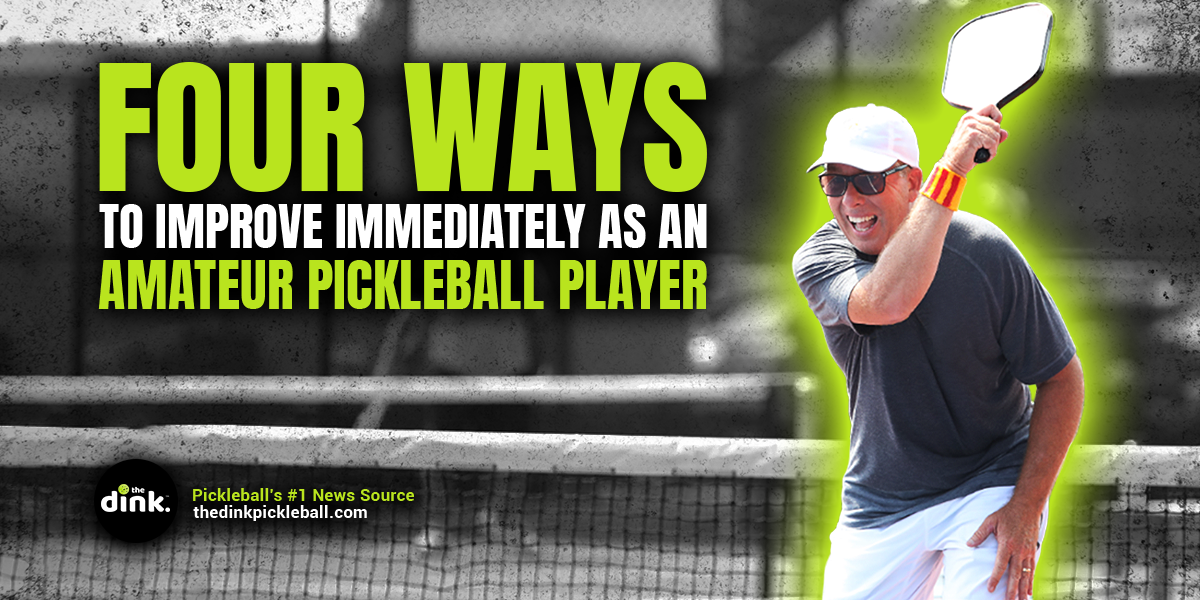
Skills and experience
Of course, becoming a proficient pickleball coach goes beyond certification. It requires a blend of technical knowledge, practical skills, and interpersonal qualities.
In addition to formal teaching, building up your knowledge in each of these areas should help you on your coaching path.
Understanding different levels of pickleball play
Coaches should have an in-depth grasp of the game, recognizing the nuances of play at the beginner, intermediate, and advanced levels. This enables tailored coaching that meets the unique needs of each player and can help you provide a blueprint for improvement for your students.
Knowledge of the body and physical training
Coaches should have some understanding of basic training and physical conditioning to help players improve their agility, strength, and overall performance.
Know the different learning styles people may have
Every player absorbs information differently. A good coach can adapt their teaching methods to accommodate visual, auditory, and kinesthetic learners, ensuring effective communication and skill development.
Understanding of other sports
Since many pickleball players didn't grow up playing the sport, having some familiarity with other sports can be beneficial because it allows you to relate technique or form to the player and build a better understanding.
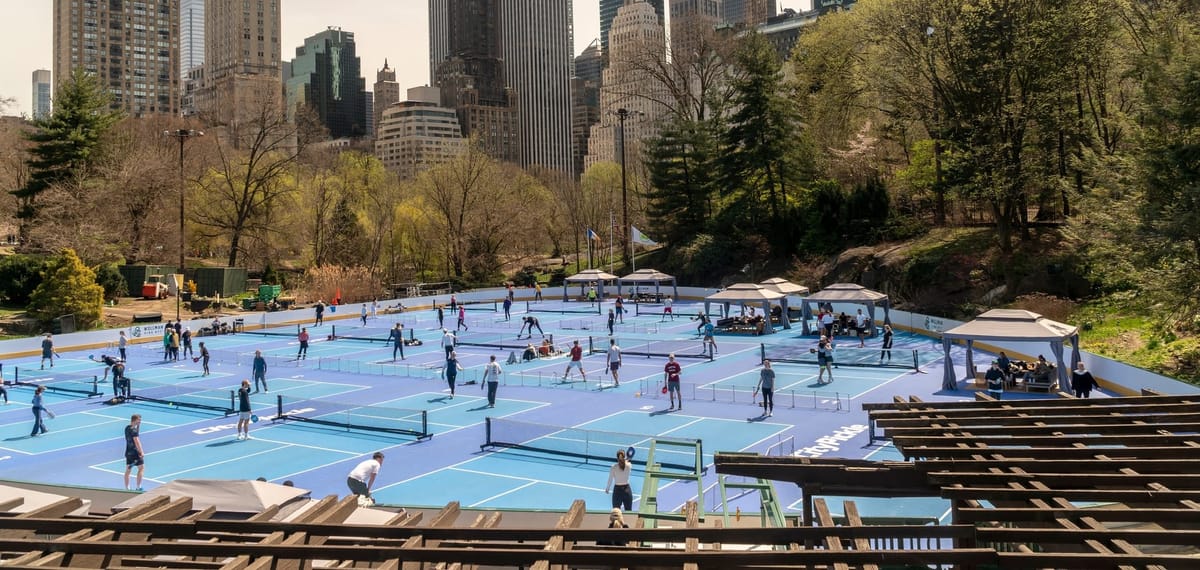
How to become a pickleball coach
The first step to becoming a pickleball coach or instructor is to become a good player yourself. You should take lessons from other coaches to gain an understanding of what being coached is like and to raise your own skill level.
Once you feel like your own skills have developed well, you should:
- Set goals
- Choose a certification program
- Gain coaching experience
- Build your network
- Market your services
- Continue your development
Set goals
As the saying goes, "If you fail to plan, you plan to fail." Setting goals for yourself is a big step in developing as a pickleball coach. Knowing whether you want to specifically teach beginners or more advanced players can help you better understand how long your journey will be to become a reputable coach in your area.
Choose a certification program
As pickleball continues to explode in popularity, more and more programs are being developed. Naturally, some will be more demanding and more credible than others. Be sure to research what's in your best interest and what will provide you with the credentials you need for success.
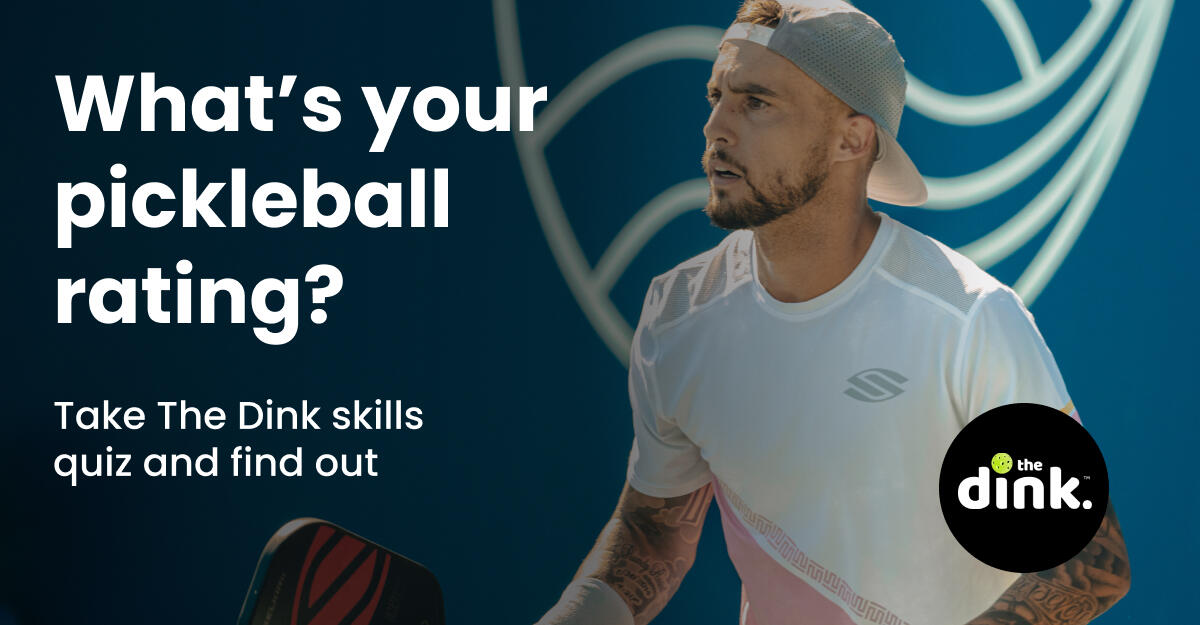
Gain coaching experience
Coaching is not for everyone. Before you decide to spend your time and resources on becoming a pickleball coach, talk to someone locally and ask them questions. Try to gain an understanding of what their daily lives are like and if it seems like something you'll be invested in doing.
If you decide to move forward, gain as much experience as you can by gaining hands-on-coaching experience. This will help you make adjustments early and tailor your coaching program.
Build your network
Having a strong network of coaches and players allows you to tap into their knowledge and keep a steady stream of clients. Join coaching communities and collaborate on local clinics to enhance your connections. You can find groups on Facebook or through local pickleball clubs.
Whichever certification you choose, it should also provide resources to help you connect with coaches in your area.
Market your services
If you want your business to grow, you'll need to market yourself effectively. Build a personal website and utilize social media to get your name out there so potential clients can find you.
Connect with your local gyms to see if they are interested in employing your services. Public parks may also look for pickleball coaches to offer services to communities.
Right now, the possibilities are endless and putting yourself out there as much as possible should help you build your business quickly.
Continue your development
Great coaches, in any sport, are always learning and finding ways to improve their teaching. Stay updated on the latest trends and technologies to elevate your coaching and provide your students with the best possible experience and techniques.
Conclusion
Becoming a pickleball coach or instructor requires a combination of formal certification, practical experience, and a deep understanding of the sport.
By following the outlined steps and continually developing your skills, you can position yourself as a knowledgeable and effective coach, ready to inspire and elevate others in the game of pickleball.





